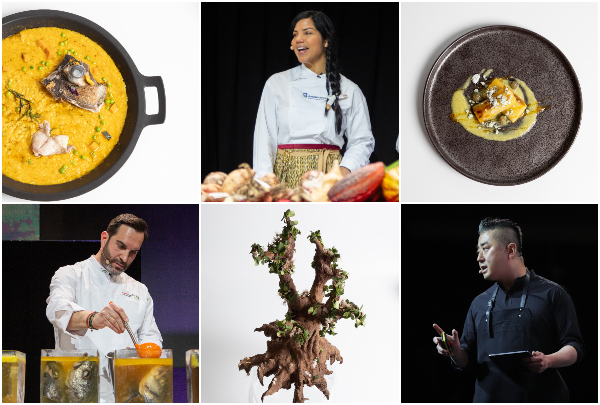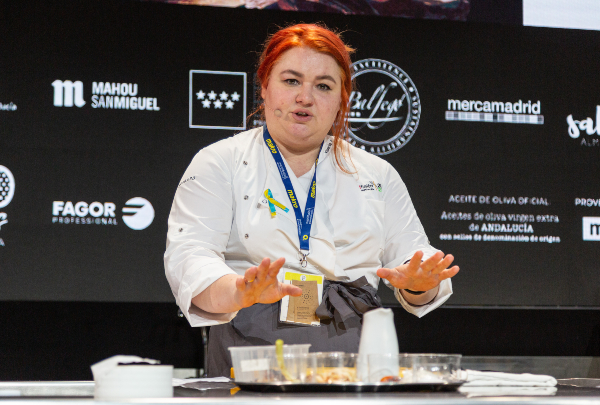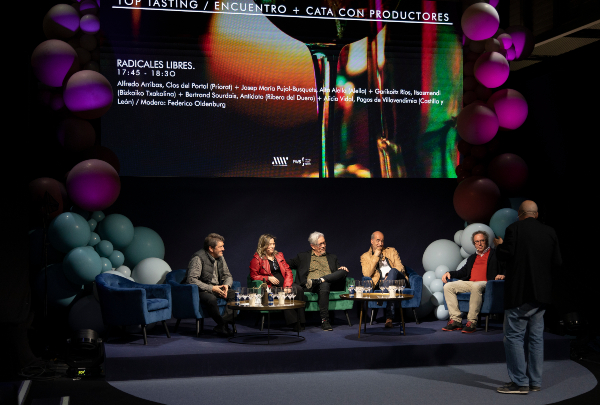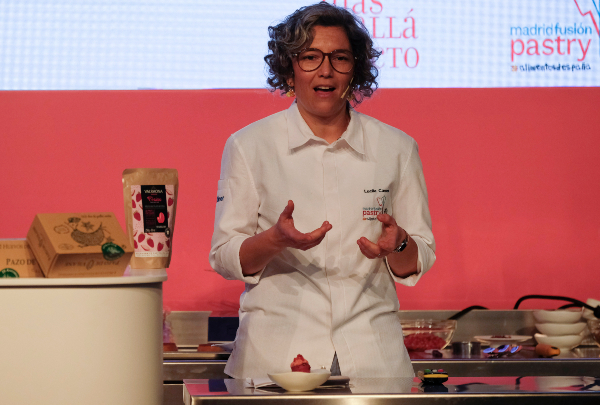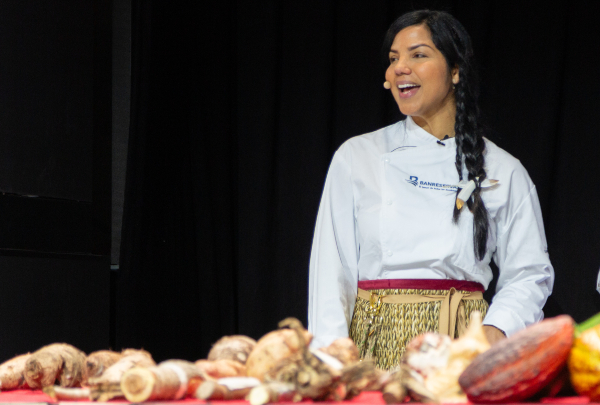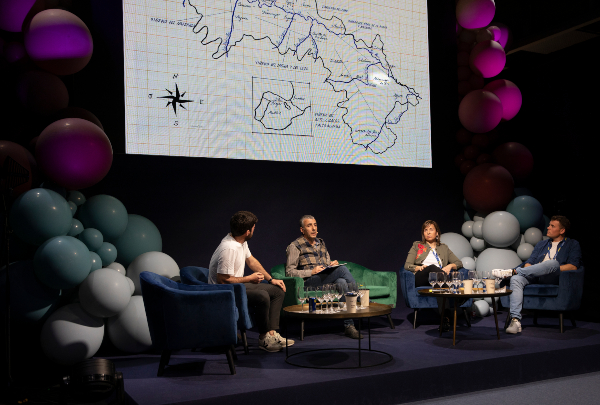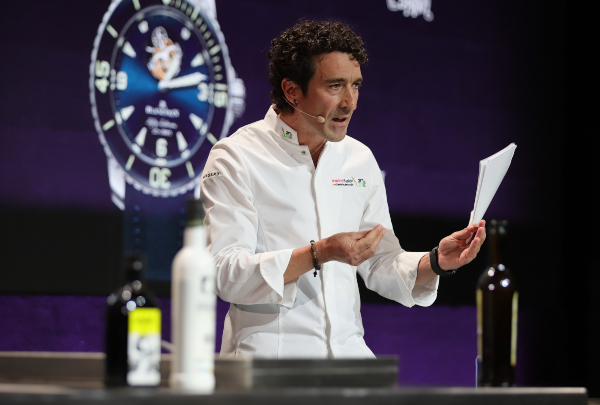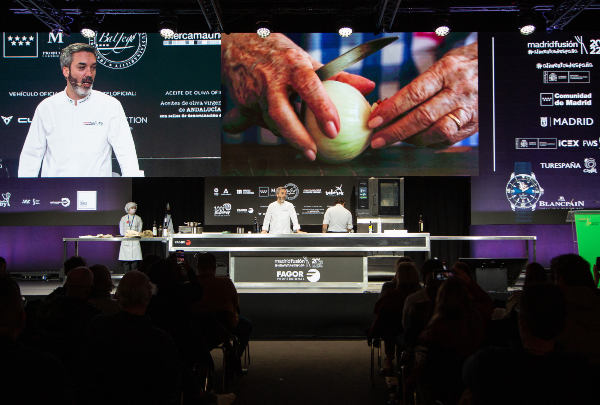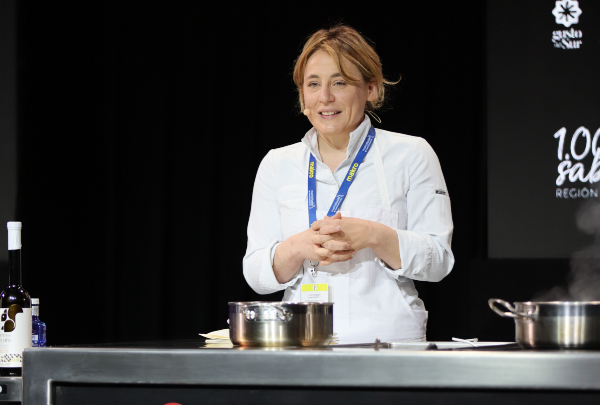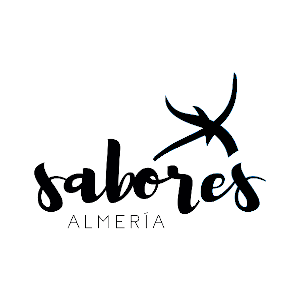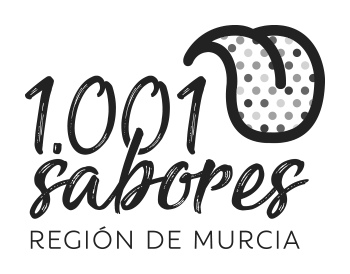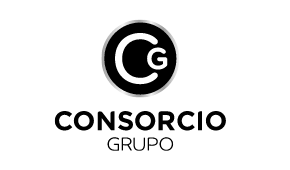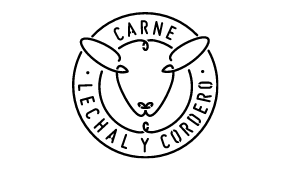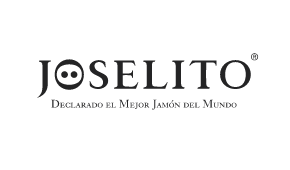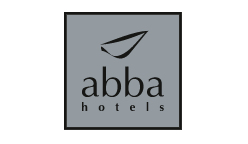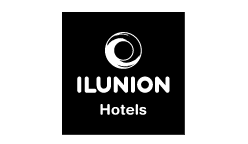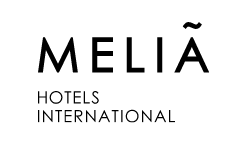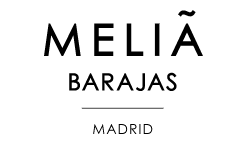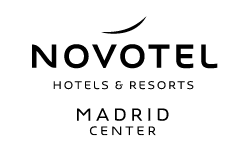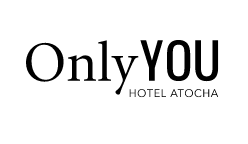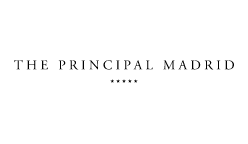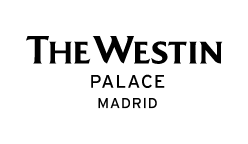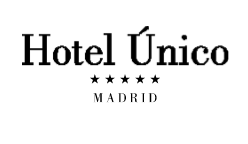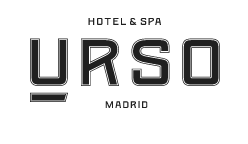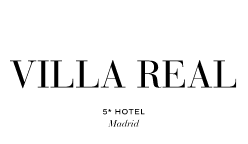News
Mario Castrellón, the coffee apostle
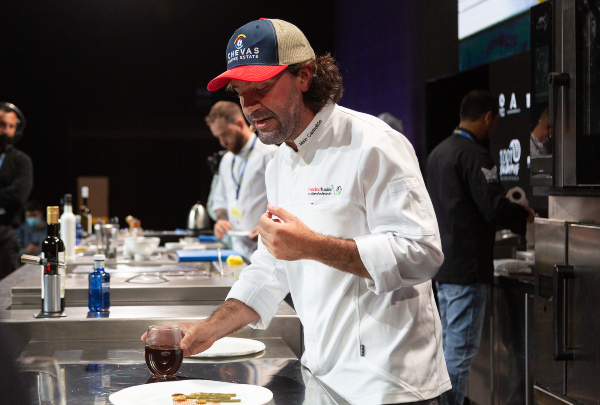
The Panamanian chef, the first Central American to visit Madrid Fusión, extols the virtues of his country's main product in his cooking.
In Japan he charges 200 dollars for a cup of geisha coffee. If chefs are concerned with using the best produce, the closest to home, the most incredible items to put on their menus, chefs ought to be just as concerned with coffee and not treat it with disdain. “At diners in the United States you order eggs, and they give you the coffee for free!", exclaimed Mario Castrellón, now transformed into coffee's knight in shining armour. Its most steadfast protector. And not just to have some in a little cup after lunch. To have it in all possible ways. This is the philosophy of his restaurant Maito, which he spoke out for at Madrid Fusión Alimentos de España. The first philosophy of a Central American chef at the world's largest gastronomy congress.
Castrellón got into coffee through logic. Geisha coffee arrived in Central America in 1953 from Ethiopia, and in the 60s it spread to Panama and became the "country product". In that attempt to give his cuisine the flavours of the country's different regions, he would always come across coffee. And so it became essential as a combination with anything at all.
During those journeys he also came across a fern shoot known as "calalú". “I put it on Instagram, thinking nobody would know what it was. And people are familiar with it all over the world", he laughed. A product he presented lactofermented, with a plantain fermented for between seven and nine days, and treated with different spices. “It's a little like mole sauce", he said.
The search for this local hidden product took him to Tapón del Darién, a jungle area forming the border between Panama and Colombia, home to an indigenous community with 27 different types of rice. “I've never managed to talk to them, talk to their chief and ask him how they can have so many varieties. My talking was to the son of the son of the son ... and they also have drug trafficking labs out there. A tricky area", explained the Panamanian chef, who presented his rice with a vegan "morcilla". And, for dessert, coffee, "because after all it's a fruit too".

 600.jpg)
